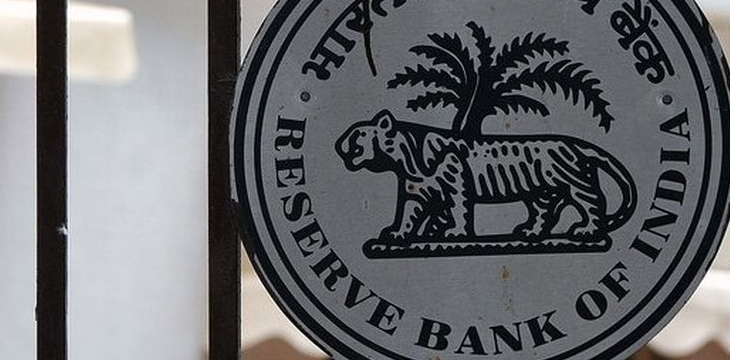|
Getting your Trinity Audio player ready...
|
In the past 12 months, global Government attitudes to cryptocurrency have begun to diverge significantly. This was highlighted recently by the action of India’s Central Bank (RBI) informing all Indian banks that they are prohibited from providing services to cryptocurrency businesses.
Following this, many of the major banks in India have forced customers to sign a declaration that they will not conduct any form of crypto transaction through their account, and have warned them that the account can be closed without notice if these transactions are found to have taken place.
The response from most participants in the cryptocurrency space has simply been to shrug their shoulders and carry on. We have become so used to being targeted by certain governments and certain banking institutions that events like this have lost the capacity to shock us.
Given the origins of the crypto industry, this reaction seems bizarre. How is it that an industry forged from the collapse of the banking system in 2008, who champion independence from control by centralised authority can just roll over?
Investor protection or just protectionism?
Time and again we simply accept criticism of our industry and move on. This is largely due to the amount of power which the existing central banks hold, whose best chance of avoiding their own extinction is to ban crypto. Having the crypto industry exist as an independent public entity is perceived as a danger to them, and they have shown they will go to any lengths to protect the monopoly that they and their banking partners have on the distribution of financial assets.
The issue is that we have become so fixated on the necessity of bitcoin being accepted as a financial product by the banking industry that we are willing to accept any amount of discrimination and blatant protectionism to get there.
The Indian government, which presumably supports this action by the RBI, needs to understand the implications of banning crypto. Even during a 12-month bear market, it is still a $125bn market. Furthermore, technology spend by companies in crypto and the blockchain industry is expected to exceed $1bn in 2019 and grow in excess of 37% annually until at least 2025.
It’s time to vote with our feet
In order for the crypto industry to survive and live up to the ideals of the early participants, industry players need to vote with their feet. A first step could be to move development projects away from Indian software development companies to countries that are more open to and accepting of cryptocurrency. This in turn would force Indian software companies to recognise that blockchain technology is an important source of potential revenue for them. Development companies should make it plain to their government that they are blocking a significant source of revenue.
When making spending decisions it becomes important to make note of those countries and organisations that discriminate against cryptocurrency. This will hit governments where it hurts – the balance sheet.
The industry needs to stand up to the institutions whose misconduct prompted its creation in the first place. We don’t need to ask permission to run our industry and we need to stand firm over our right to exist and provide valuable services to populations who are in dire need of them.

 02-14-2026
02-14-2026 




